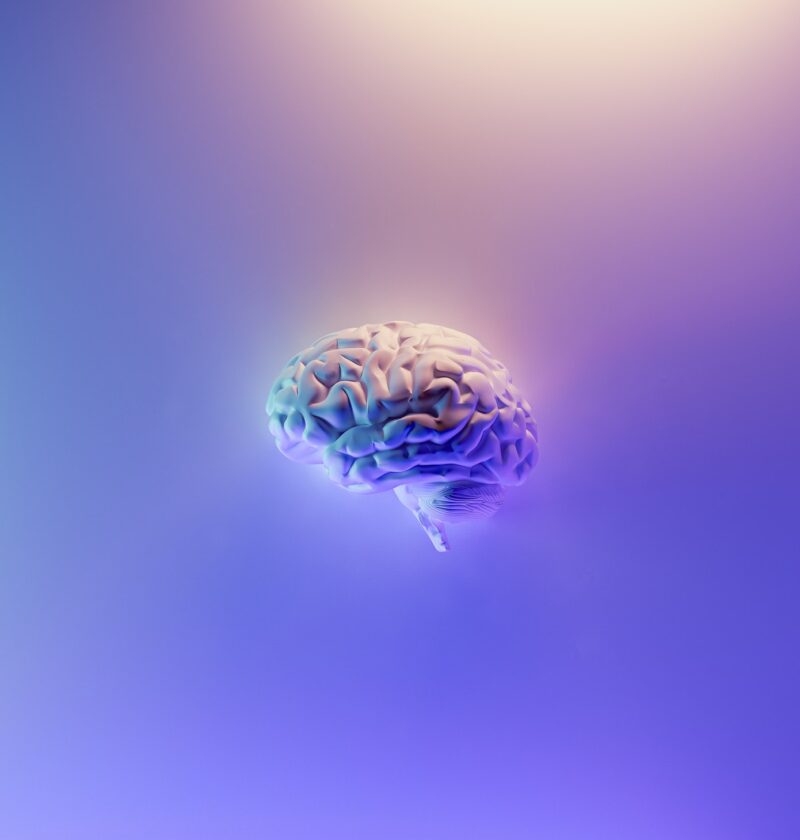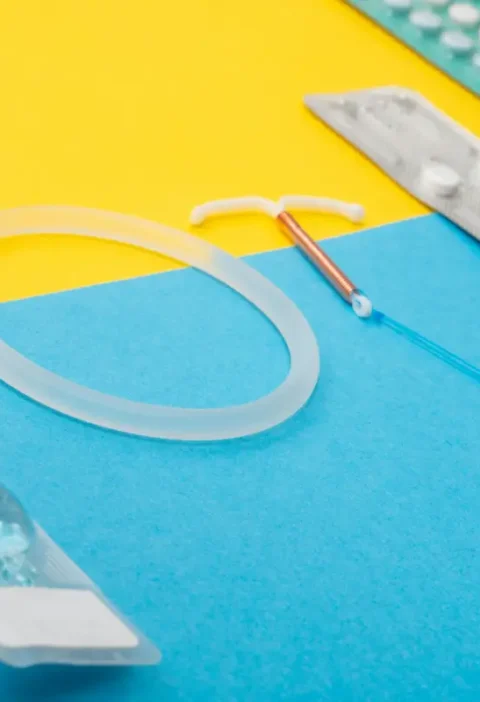As a healthcare professional, I have seen firsthand the devastating impact that brain injuries can have on young minds. Brain injuries can occur in a variety of ways, from sports-related injuries to car accidents and falls. In this blog, I will discuss the different types of brain injuries, their causes, symptoms, diagnosis, and treatment, as well as the long-term effects they can have on young minds.
Additionally, I will explore how brain injuries can impact education and cognitive development, and offer support and resources for families and caregivers coping with brain injuries.
Understanding the Different Types of Brain Injuries
Brain injuries can be classified as either traumatic or non-traumatic. Traumatic brain injuries (TBIs) are caused by an external force, such as a blow to the head. Non-traumatic brain injuries can be caused by factors such as oxygen deprivation or infection. TBIs can be further classified as mild, moderate, or severe, depending on the extent of the injury. Mild TBIs, also known as concussions, are the most common type of brain injury.
Causes of Brain Injuries in Young Minds
There are some Top Causes of Concussions in Children and Adolescents, including sports-related injuries, falls, car accidents, and physical abuse. Sports-related injuries are a leading cause of brain injuries in young people, particularly in contact sports such as football, hockey, and boxing. Falls are also a common cause of brain injuries in young children, especially in infants and toddlers who are learning to walk.
Symptoms and Signs of Brain Injuries in Young Minds
The symptoms of a brain injury can vary depending on the severity and location of the injury. Common symptoms of a mild TBI include headache, nausea, dizziness, confusion, and memory problems. More severe TBIs can cause seizures, loss of consciousness, and permanent brain damage. It is important for parents and caregivers to be aware of the signs of a brain injury, such as a change in behavior, difficulty concentrating, and sensitivity to light and noise.
Diagnosis and Treatment of Brain Injuries in Young Minds
If a brain injury is suspected, a healthcare professional will perform a neurological exam and may order imaging tests such as a CT scan or MRI. Treatment for brain injuries can vary depending on the severity of the injury. Mild TBIs may only require rest and monitoring, while more severe injuries may require surgery or rehabilitation. It is important for young people with brain injuries to receive prompt and appropriate treatment to prevent further damage.
Long-term Effects of Brain Injuries on Young Minds
The long-term effects of a brain injury can be devastating, particularly if the injury is not properly diagnosed and treated. In some cases, a brain injury can lead to permanent brain damage, cognitive impairment, and even death. Even mild TBIs can have long-term effects, such as an increased risk of developing Alzheimer’s disease later in life. It is important for young people with brain injuries to receive ongoing support and monitoring to minimize the long-term effects of their injury.
Impact of Brain Injuries on Education and Cognitive Development
Brain injuries can have a significant impact on a young person’s education and cognitive development. Depending on the severity of the injury, a young person may struggle with memory, attention, and problem-solving skills.
They may also experience difficulties with social interactions and emotional regulation. It is important for educators and caregivers to be aware of the potential cognitive and behavioral effects of a brain injury and to provide appropriate support and accommodations.
Coping with Brain Injuries – Support for Families and Caregivers
Coping with a brain injury can be challenging for families and caregivers. It is important for parents to seek out support and resources to help them navigate the medical, educational, and emotional aspects of caring for a young person with a brain injury. Support groups, counseling, and educational resources can all be invaluable in helping families cope with the challenges of a brain injury and also provide adequate brain injury support to the person affected.
Preventing Brain Injuries in Young Minds
Preventing brain injuries in young minds is crucial. Some preventative measures include wearing helmets during sports and recreational activities, using car seats and seatbelts properly, and taking steps to prevent falls in the home. Parents and caregivers can also educate themselves and their children about the signs and symptoms of a brain injury and take action if a brain injury is suspected.
Conclusion
In conclusion, brain injuries can have a devastating impact on young minds. It is important for healthcare professionals, educators, parents, and caregivers to be aware of the potential causes, symptoms, and long-term effects of brain injuries. By raising awareness and advocating for change, we can work to prevent brain injuries in young minds and provide the support and resources needed for those affected by these injuries.







